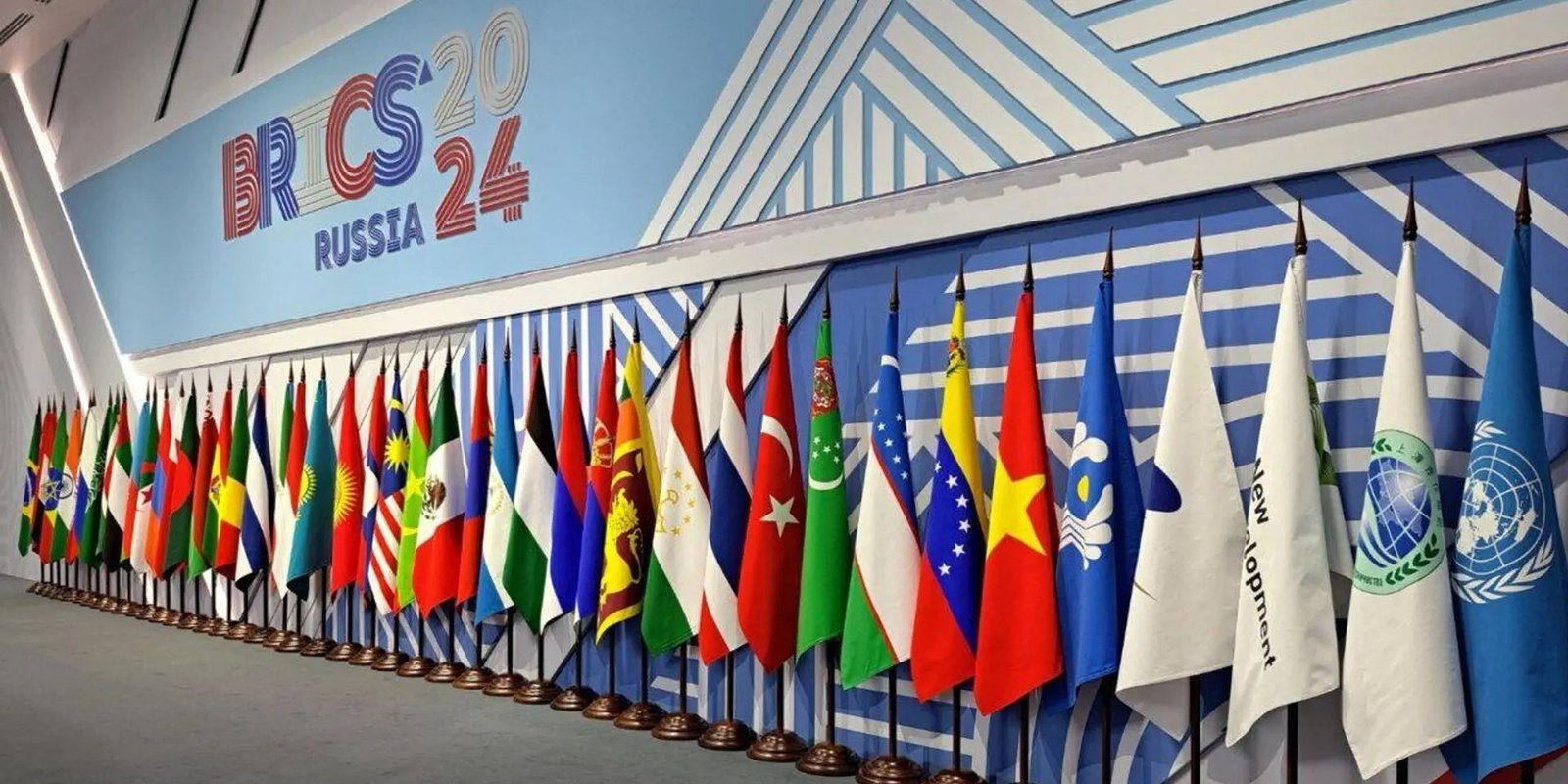BRICS Expansion Unlocks New Opportunities and Global Competition
The BRICS bloc, comprising Brazil, Russia, India, China, and South Africa, is poised for an exciting transformation with its recent expansion. This development is not only creating new avenues for collaboration but is also amplifying the competitive dynamics on the global stage. As these emerging economies come together, they promise a bold reshaping of geopolitical and economic landscapes.
The Power of Collaboration: A New Era for Emerging Economies
With the inclusion of new member nations, the BRICS group now wields unprecedented economic leverage. **Expansion represents a strategic alignment to harness collective socio-economic prowess**, offering member countries a formidable platform to better navigate global challenges. Economically, this expansion can potentially lead to:
- Improved Trade Initiatives: Enhanced trade agreements among member countries can be expected, pushing for reduced tariffs and smoother market access.
- Boosted Investment Opportunities: A unified group could attract higher levels of investment into member nations, promoting infrastructure development and technological innovation.
- Diversified Economic Portfolios: Countries can broaden their economic activities, reducing reliance on any single economic partner while strengthening intra-BRICS exchanges.
Global Competition: Navigating New Challenges
While the enlarged bloc is replete with opportunities, it also presents several challenges. **Competing in a global economy becomes more daunting**, especially with established economic powers like the United States and the European Union. The BRICS expansion may lead to:
- Heightened Economic Competition: Member countries must sharpen their competitive edges to ward off challenges from other dominant economic forces.
- Complex Geopolitical Dynamics: Balancing interests among a larger group could lead to differing geopolitical strategies, impacting international diplomacy.
- Resource Allocation Conflicts: As the dimensions of cooperation widen, conflicts over allocation and access to resources can intensify.
A Platform for Shared Innovation and Technology
The expanded BRICS bloc is set to play a pivotal role in the fields of technology and innovation. **By pooling resources and expertise, member nations can become global leaders in technological advancements**, from AI to green energy solutions. Collaborative ventures in these sectors can drive growth and enhance competitiveness. Key expected outcomes include:
- Joint Technology Ventures: Initiatives to drive innovation in tech sectors, especially among developing markets, fostering shared knowledge and infrastructure.
- Sustainable Development Goals: Cooperatively driving projects that focus on sustainability and climate resilience, making environmental protection a shared goal.
Conclusion: A Future in Transformation
The BRICS expansion marks a significant chapter in global economic history. As the bloc broadens its horizons, it presents both **unparalleled opportunities and substantial challenges**. Through strategic collaboration and competition, BRICS member countries are setting the stage for a future characterized by innovation, resilience, and dynamic economic exchanges. The world watches as this group navigates its way through the shifting geopolitical and economic currents, aiming to emerge stronger and more influential on the global stage.



